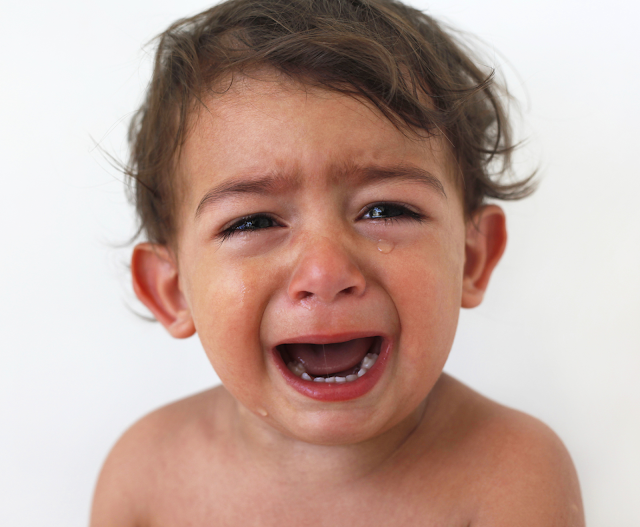It's really cold, How can we prevent sickness?

• During the winter months we all feel cold and some of us do not tolerate this weather and get sick. • If this is the way with adult subjects let us imagine how it is difficult for our young children. f WHY CHILDREN ARE MORE PRONE TO GET COLd Children are more often the victims compared to adults, it’s not uncommon for colds to start by six months of age, especially in large family households. There are multiple reasons for this: 1) children under seven years of age have immature immune systems which makes them more susceptible to cold and flu viruses. 2) young children spread more germs to each other because of their tendency to cough and sneeze without covering their mouth. Additionally, they more often contact contaminated surfaces (desks, table tops and toys) and subsequently touch their nose, eyes or mouth facilitating germ transmission. 3) upper airways of young children (including the ears and surrounding structures) are not fully deve



